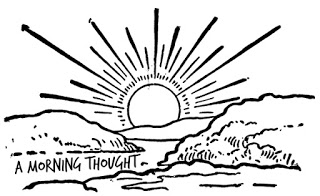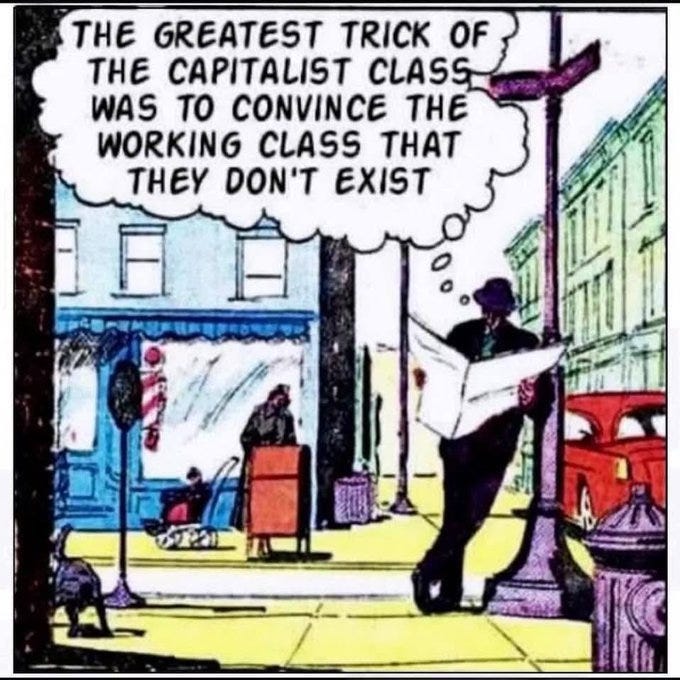“I don't know what I am for but I know what I am against/I'm sickened to death by men, I'm bored to death with myself/I'm sick of the narratives, I'm done with apologies/I'm sick of conspiracies, the truth is a dead disease/I can't breathe when I hate this much, I'm gonna burn all my fucking flags/I sound like a dying cause, I won’t listen anymore.” - Manic Street Preachers
Arguably the most influential hardcore act of the last two decades, Converge return with an album that is already a contender for album of the year. Utterly ferocious from start to finish. Particular praise should go to the Koller/Newton rhythm section which is turbo charged and gnarly, even in subtler moments like ‘Beyond Repair’.
The album can be streamed and purchased here.
KMFDM – Enemy
23 albums in 40 years. Not bad going for a band whose name was once rumoured to stand for Kylie Minogue Fans Don’t Masturbate! Although some of the poppier moments are unadulterated cheese, the metal riffage is as euphoric as ever and the choice to adapt W.B Yeates “The Second Coming” is utterly bonkers but it works, surprisingly.
The album can be streamed and purchased here.
Zenxith – 6 Weeks Holiday, Nowhere to Play
After releasing three albums last year, the prolific Daniel McGee carries on with his C86/indie pop sounds. Some awkward and angular rhythm playing in songs like ‘I Don’t Know Anymore’ hint at darker, experimental undertones yet to come to the surface while ‘I Just Want You’ is a perfect jangle pop song.
The album can be streamed and purchased here.
Mandy, Indiana – Urgh
Manchester based group make their debut for Sacred Bones by producing an industrial tinged LP that blends protest cries over Gaza with concerns about toxic masculinity. Throw in a sound that can be funky as well as brutal and you find an apt metaphor for the LP: schizophrenic but reflective of the world we live in today. The album can be streamed and purchased here.

















 2020
2020

